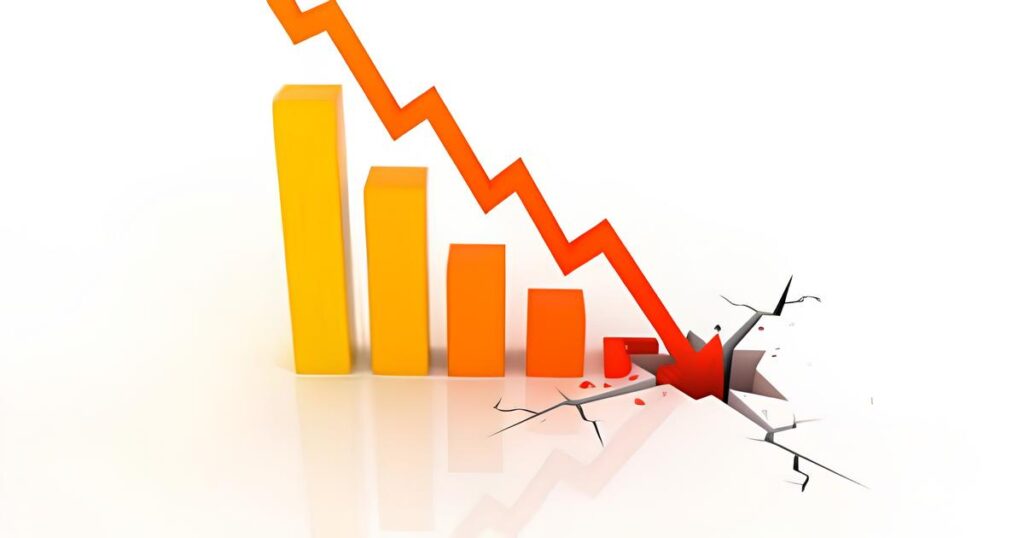🔄 1. What is a recession?
A recession is a period of economic downturn typically characterized by:
- A decline in GDP for two consecutive quarters
- Rising unemployment
- Decreased consumer spending and business investment
- Falling corporate profits and market confidence
📉 2. Phases of the Economic Cycle
- Expansion – GDP growth, strong job market, high spending
- Peak – Growth slows, inflation rises
- Recession – GDP contracts, unemployment rises
- Trough – Economy bottoms out
- Recovery – Output, jobs, and spending rebound
🕰️ 3. Major Global Recessions in History
| Year | Name | Main Causes |
|---|---|---|
| 1929–1933 | Great Depression | Stock market crash, monetary policy failures |
| 1973–1975 | Oil Crisis | OPEC oil embargo, skyrocketing oil prices |
| 2001 | Dot-com Bubble Burst | Tech stock collapse, market distrust |
| 2007–2009 | Global Financial Crisis | Housing bubble burst, credit crunch |
| 2020 | COVID-19 Recession | Global pandemic, lockdowns, demand collapse |
📊 4. Common Causes of Recessions
- Misguided monetary policy (e.g., high interest rates)
- Asset bubbles (e.g., real estate, stocks)
- Financial or banking crises
- External shocks (e.g., war, pandemics, natural disasters)
- Decline in consumer/business confidence
⏳ 5. How Often Do Recessions Occur?
- Roughly every 7–10 years, a major global recession occurs.
- Timing depends on policy decisions, market trends, and unexpected events.


ARTICLES IN THE SAME CATEGORY
Early at Year’s End, A Word of Gratitude to Those Who Have Shown Us Kindness
Live contentedly, be satisfied with what you have, and maintain an optimistic outlook on life. These are simple yet wise principles.
People constantly chase after desires, but in the end, when they achieve them and look back, they are left feeling empty.
Greed, Gold, and the Spiral of Instability in Human History
Karma in Vietnamese Classical Thought and Lessons from Cambodia Today
Words and the Fortunes of a Lifetime: Why a Few Right Sentences Are Enough for an Entire Life
ARTICLES IN THE SAME GENRE